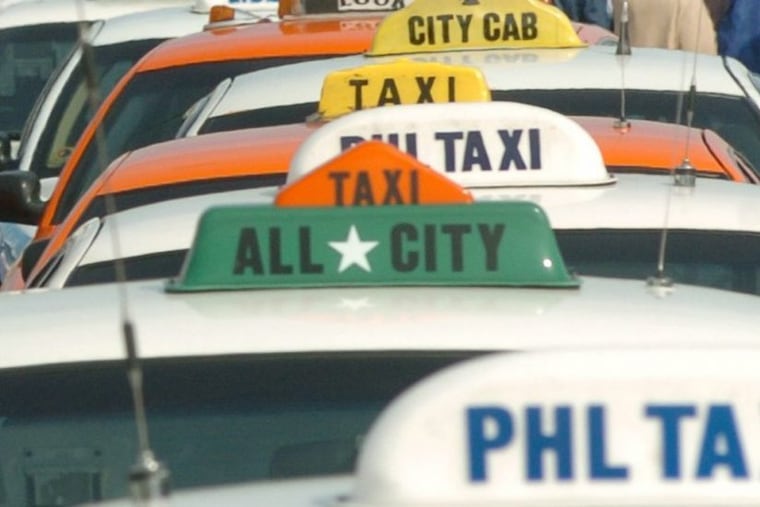Philadelphia taxis lose another legal challenge to Uber
Uber's business practices in Philadelphia were evidence of a competitive strategy, not an effort to build a monopoly, a court said.

Uber didn't violate antitrust laws in its competition with Philadelphia's taxi companies, a court affirmed this week in another blow to the cab industry's efforts to strike back at ride-hailing companies through the law.
The decision Monday from a three-judge panel in the U.S. Court of Appeals for the Third Circuit found that although Uber's operations in Philadelphia were damaging for the taxi cab industry, they were a boon for cabs' customers.
"Rather, this bolstered competition by offering customers lower prices, more available taxicabs, and a high-tech alternative to the customary method of hailing taxicabs and paying for rides," the decision stated. "It is well-established that lower prices, as long as they are not predatory, benefit consumers."
Uber declined to comment on the decision Wednesday. Stephen Bolden, a lawyer representing the 80 taxi companies participating in the suit, said he could not say whether the cab owners would seek further legal recourse.
Just two months ago, a separate court decision found that the Philadelphia Parking Authority was not liable for the cab industry's losses during the two years when Uber and Lyft operated illegally in the city.
In their appeal, the cab owners argued that Uber violated antitrust laws. They stated Uber flooded the city streets with cars for hire that didn't need the medallions required of city cabs, undercut cabs' prices, and lured cabdrivers to its service. The appeal also cited Uber's decision to ignore city regulations as a choice that harmed cabs' ability to compete and argued that Uber is close to becoming a monopoly by creating an unfair playing field.
The companies say the loss of drivers and customers has left them on the verge of going out of business.
In October 2014, when ride-share services arrived in Philadelphia, each of the city's 1,610 taxi medallions was worth about $545,000. Two years later, a medallion was valued around $80,000.
The court found, though, that none of these things was anticompetitive and, in fact, created more choice for consumers.
"Running a business with greater economic efficiency is to be encouraged because that often translates to enhanced competition among market players, better products, and lower prices for consumers," the decision stated.
Uber operating illegally in itself wasn't an antitrust violation, the decision stated, and the risk of monopoly was offset by the existence of other ride-hailing apps, such as Lyft.
The court also found no evidence to support the cab companies' contention that Uber acted with the intention of creating a monopoly. Rather, Uber's actions demonstrate a competitive strategy.